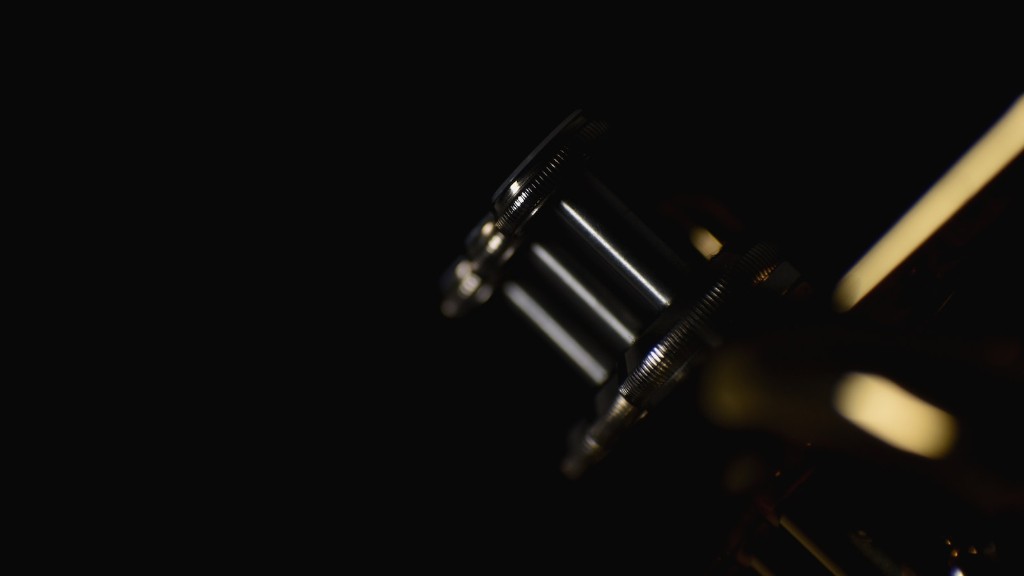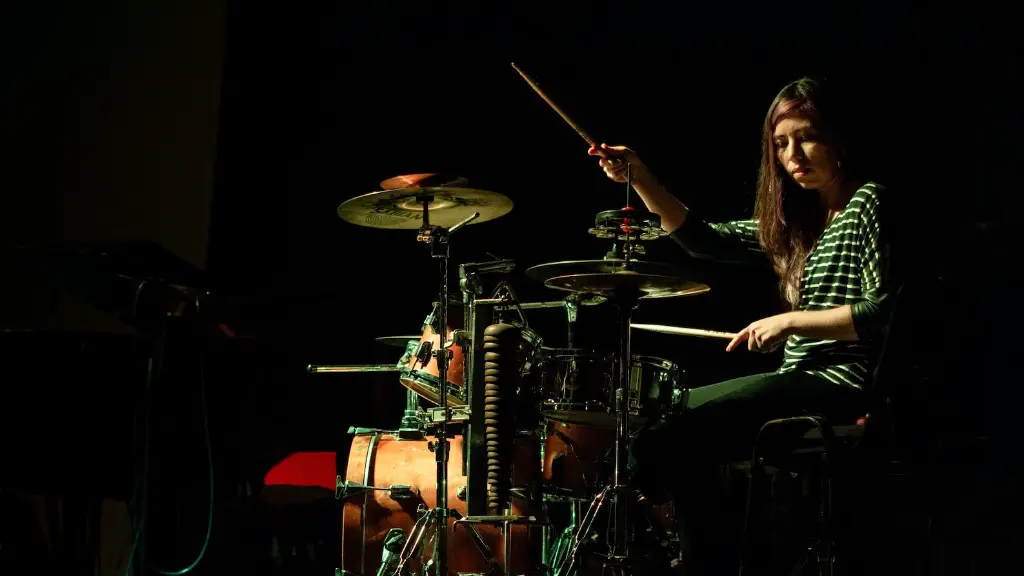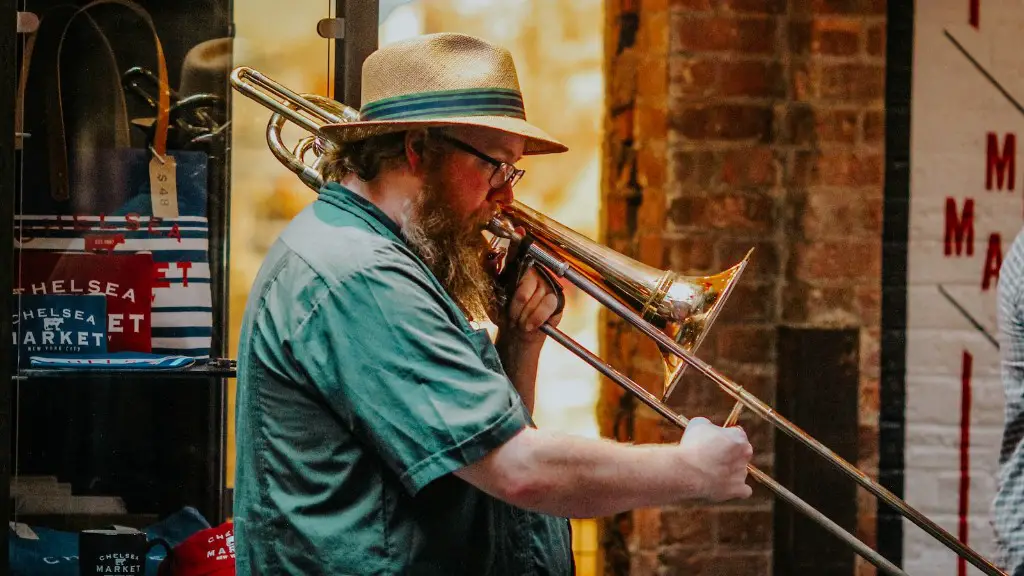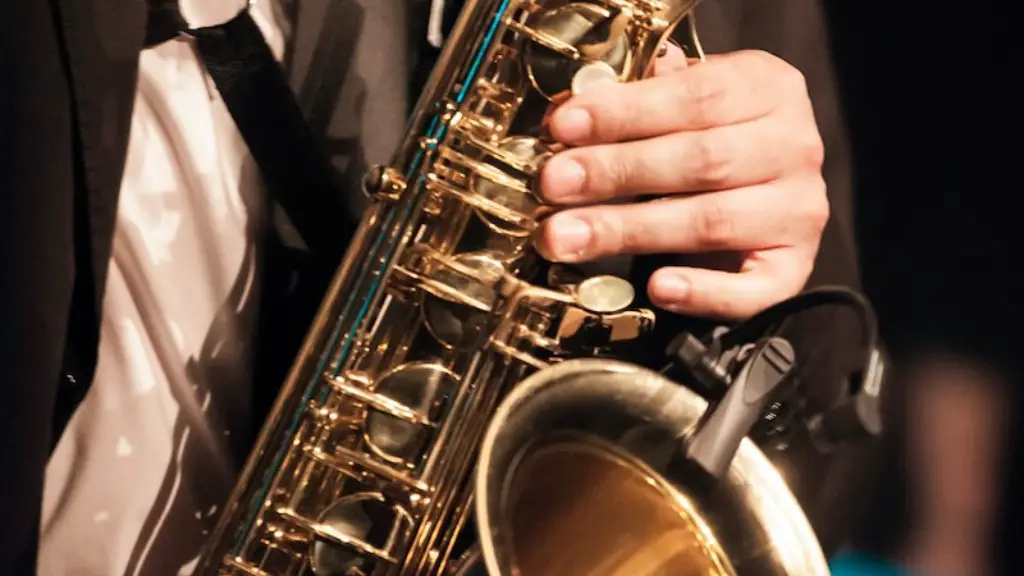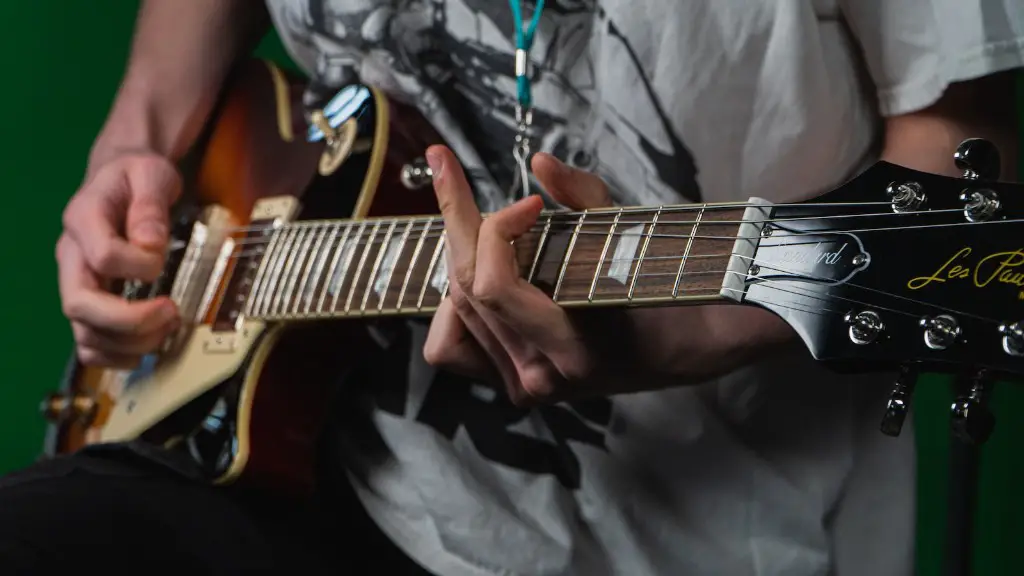Learning to play the piano is a rewarding and satisfying experience. It can also be a difficult one, depending on your level of commitment. If you’re motivated, passionate, and willing to put in the work, teaching yourself to play the piano is definitely possible.
You don’t need expensive lessons or tutors to learn how to play the piano. With some dedication and perseverance, you can teach yourself the basics of playing piano with free online resources and instruction books. To make learning easier, it’s important to have access to a quality instrument, such as an acoustic or digital piano. This will help you develop proper technique and better understand the music theory behind playing the piano.
By breaking down each step of learning into manageable tasks, you can gradually build up both your skills and knowledge as a pianist. You may want to start with simple songs that you know well or focus on mastering a particular style of music before moving on to more complex pieces. With patience and dedication, teaching yourself how to play the piano is an achievable goal.
What You Need to Teach Yourself Piano
Learning to play piano can be an incredibly fulfilling and rewarding experience. While it is possible to teach yourself piano, it is important to have the right tools and resources in order to do so successfully. Some of the essential items you will need to teach yourself piano include: a digital or acoustic piano, sheet music, instructional books, metronome, and a practice schedule.
Having an appropriate instrument is obviously key when it comes to learning how to play the piano. A digital or acoustic piano that is in tune and in good condition are both suitable for learning. If you don’t have access to an actual piano, there are many digital options available that offer a variety of features and sound quality.
Sheet music is also essential for teaching yourself piano. This will allow you to learn different songs, techniques, and genres of music. It can also be helpful for learning music theory which will help improve your understanding of the instrument.
Instructional books are another great resource for teaching yourself piano. These books contain information on various topics such as scales, chords, arpeggios, and improvisation techniques which can help build your foundation on the instrument.
Additionally, having a metronome while practicing can be very useful in helping you keep time while playing different pieces of music. This device helps maintain a consistent tempo which helps improve timing accuracy while playing different passages of music.
Lastly, creating and following a practice schedule can be very beneficial when learning how to play the piano on your own. Setting aside an allotted amount of time each day dedicated solely towards practicing can help ensure that you stay motivated and make progress with your playing.
Having these items on hand will make it much easier for you as you begin teaching yourself piano. With some dedication and practice, you too can become proficient at playing
Finding Resources for Teaching Yourself Piano
Learning to play the piano can be a rewarding experience, but it can also be intimidating for beginners. If you want to teach yourself to play the piano, there are plenty of resources available to help you get started. Online tutorials, instructional videos, and books are all great ways to learn the basics and build your skills. You can also find music teachers who specialize in teaching self-taught students. Breaking down big goals into smaller achievable steps can help keep you motivated. With practice and dedication, you’ll be able to progress quickly and make progress towards your goal of mastering the piano.
Signing up for online courses or utilizing video tutorials is a great way to start learning the basics of piano playing. Most courses will teach you everything from note reading to proper hand positioning. As you become more comfortable with the fundamentals of playing, start challenging yourself with more advanced music pieces. You may also want to consider taking private lessons if you need more support or have specific questions about technique or theory.
Books are another great resource for teaching yourself piano, as they often provide step-by-step instructions that are easy to follow at home without any special equipment or assistance. Many books will include CD’s that feature exercises and songs which allow you to practice along with an instructor’s voice as well as a backing track so that you can hear how each piece should sound when played correctly.
Finally, don’t forget about local resources such as music teachers who specialize in teaching self-taught students. They will provide guidance and personalized instruction tailored to your individual needs and progress level. With their help and support, you’ll be able to master piano playing in no time!
Establishing a Practice Routine
Learning to play the piano can be a daunting task, and establishing a practice routine is essential for success. Practicing regularly can help you improve and progress quickly, but it is important to remember that every musician learns differently. Some may benefit from daily practice while others might need more frequent breaks. It is important to find a routine that works best for you and fits into your lifestyle.
A good place to start when creating your practice routine is to break down your goals into achievable tasks. For example, if you want to learn a certain song, break down the song into manageable sections and focus on one section at a time. This will help you stay focused and motivated while learning the song. In addition, set aside specific times of day when you will practice, such as after school or before bedtime. Establishing regular times for practice will help create a habit of consistent playing.
It is also important to remember that taking breaks during practice sessions is essential for maintaining focus and avoiding burnout. Taking short breaks between each task can help keep your mind fresh and energized so that you can give your best effort during each session. Additionally, make sure to reward yourself for reaching small goals along the way; this will motivate you to keep going until you reach your ultimate goals.
Learning Music Theory Basics
Learning music theory is an important part of becoming a proficient musician. It’s the foundation for understanding the fundamentals of music and how various elements work together to create a song. This includes understanding scales, chords, intervals, and harmony. Knowing the basics of music theory can help you to understand how to put together chords and melodies, as well as how to write your own pieces. And while it may seem intimidating at first, teaching yourself basic music theory isn’t too difficult.
Start with simple concepts like scales and intervals. Learn which notes make up each scale, and practice playing them on the piano or guitar. Memorize common chord progressions like I-IV-V-I or I-vi-ii-V-I. Then learn about more advanced topics such as harmonic minor scales and diminished chords. Mastering these topics can take time, but it’s worth it in the end!
Another great way to learn music theory is by listening to songs that you enjoy and analyzing them for their structure. Pay attention to the patterns between different instruments, the chords used in a particular verse or chorus, and other elements that make up the song’s structure. Understanding how these parts fit together will help you create your own musical ideas. Additionally, you can find plenty of online resources that offer lessons on music theory basics for free or at a low cost.
Utilizing Online Tutorials
Learning to play the piano can be a daunting task, but with the help of online tutorials it can be much easier. With the right resources and determination, anyone can teach themselves to become proficient in playing the piano. The first step is to find a tutorial that best suits your learning style and understanding. Online tutorials come in many forms such as videos, written instructions, or interactive programs. Once you have selected your tutorial source, it is important to practice regularly, set achievable goals, and stay motivated. To make sure you are progressing in the right direction, it is also helpful to get feedback from experts or experienced players. With dedication and practice, even a novice player can learn to play beautiful music on the piano.
Developing Your Ear for Music
Learning how to play piano starts with developing your ear for music. This means being able to recognize the different sounds of music and understanding how they go together. Listening to a wide variety of music, from jazz to classical, can help you begin to understand the different elements of music. You can also use resources like YouTube tutorials or apps to help you identify notes, chords, and rhythms. Developing your ear for music is key to being able to play piano by ear.
Practicing regularly is also essential for learning how to play piano by ear. Start by playing simple scales and songs in order to get familiar with the keys on the piano. Use songs that you already know as a guide and focus on listening for the notes and chords in the song. As you become more confident in your ability, try playing melodies from memory or improvising your own melodies.
Having a good sense of rhythm is also important when learning to play piano by ear. Listen carefully as you practice and try clapping along with the beat of a song or tapping out rhythms on a table or your knee. Pay attention to dynamics, such as changing volume or tempo. You may want to consider taking drum or percussion lessons if you find developing rhythmic skills difficult at first. With practice and persistence, you will eventually be able to develop your own unique style of playing the piano by ear!
Wrap Up
It is possible to teach yourself how to play piano. With dedication, discipline and persistence, you can develop your own unique style of playing and become a great pianist. However, taking lessons from a qualified teacher can help you progress faster and steer you away from developing bad habits. Learning the piano can be a wonderful hobby or even a career for those who are willing to dedicate the time and effort to mastering it.

